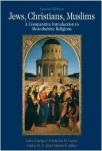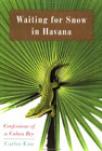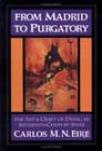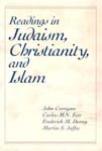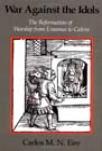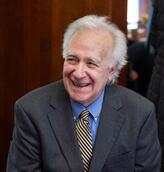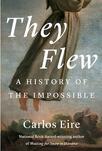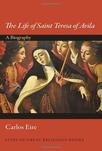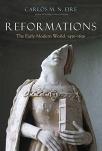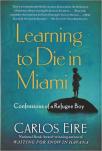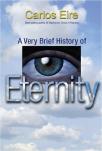Carlos Eire
Early modern Europe; Intellectual, social, cultural & religious history; Protestant and Catholic Reformations
Carlos Eire, who was awarded the 2024 Harwood F. Byrnes/Richard B. Sewall Teaching Prize by Yale College, received his PhD from Yale in 1979. He specializes in the social, intellectual, religious, and cultural history of late medieval and early modern Europe, with a focus on both the Protestant and Catholic Reformations; the history of popular piety; the history of the supernatural, and the history of death. Before joining the Yale faculty in 1996, he taught at St. John’s University in Minnesota and the University of Virginia, and was a member of the Institute for Advanced Study in Princeton. He is the author of War Against the Idols (1986); From Madrid to Purgatory (1995); A Very Brief History of Eternity (2010); Reformations: The Early Modern World (2016); The Life of Saint Teresa of Avila: A Biography (2019); and They Flew: A History of the Impossible (2023). He is also co-author of Jews, Christians, Muslims: An Introduction to Monotheistic Religions (1997); and ventured into the twentieth century and the Cuban Revolution in the memoir Waiting for Snow in Havana (2003), which won the National Book Award in Nonfiction in the United States and has been translated into more than a dozen languages. His second memoir, Learning to Die in Miami (2010), explores the exile experience. A past president of the Society for Reformation Research, he is currently researching various topics in the history of the supernatural. His book Reformations won the R.R.Hawkins Prize for Best Book of the Year from the American Publishers Association, as well as the award for Best Book in the Humanities in 2017. It was also awarded the Jaroslav Pelikan Prize by Yale University Press. All of his books are banned in Cuba, where he has been proclaimed an enemy of the state – a distinction he regards as the highest of all honors.
